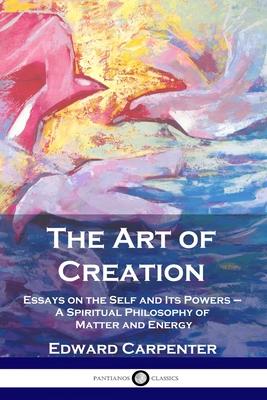Poet and philosopher Edward Carpenter explains how the creative processes have changed with the advent of shared cultures, changing how spiritual thoughts and feelings are expressed in art.
The author was acutely aware of the contrasts between the established, morally controlled rigors of Victorian society and the emerging artistic and social changes of the 20th century. Carpenter spends much of this book articulating the impressions he has of a changing world; during the Victorian era, he saw most people moving through life tediously as automatons. However, the sudden arrival of new concepts - particularly those introduced by Eastern religions - breathed life and color into the West's stagnant creative fields. This birthed differences in lifestyles, new kinds of art and strikingly original forms of philosophic expression.
For Carpenter, this sea change was a result of academics and thinkers translating and introducing the concepts of spiritualism found in the Hindu, Buddhist and Taoist religions. These doctrines upended the staid moral and mental underpinnings of expression in the West, and unleashed profound broadenings of spiritual existence, in deep contrast to traditional social norms and constraints. The knock-on effects of poets more acutely aware of nature, of artists exploring their inner consciousness, and the literary embracing concepts never before put to paper is tremendous.
